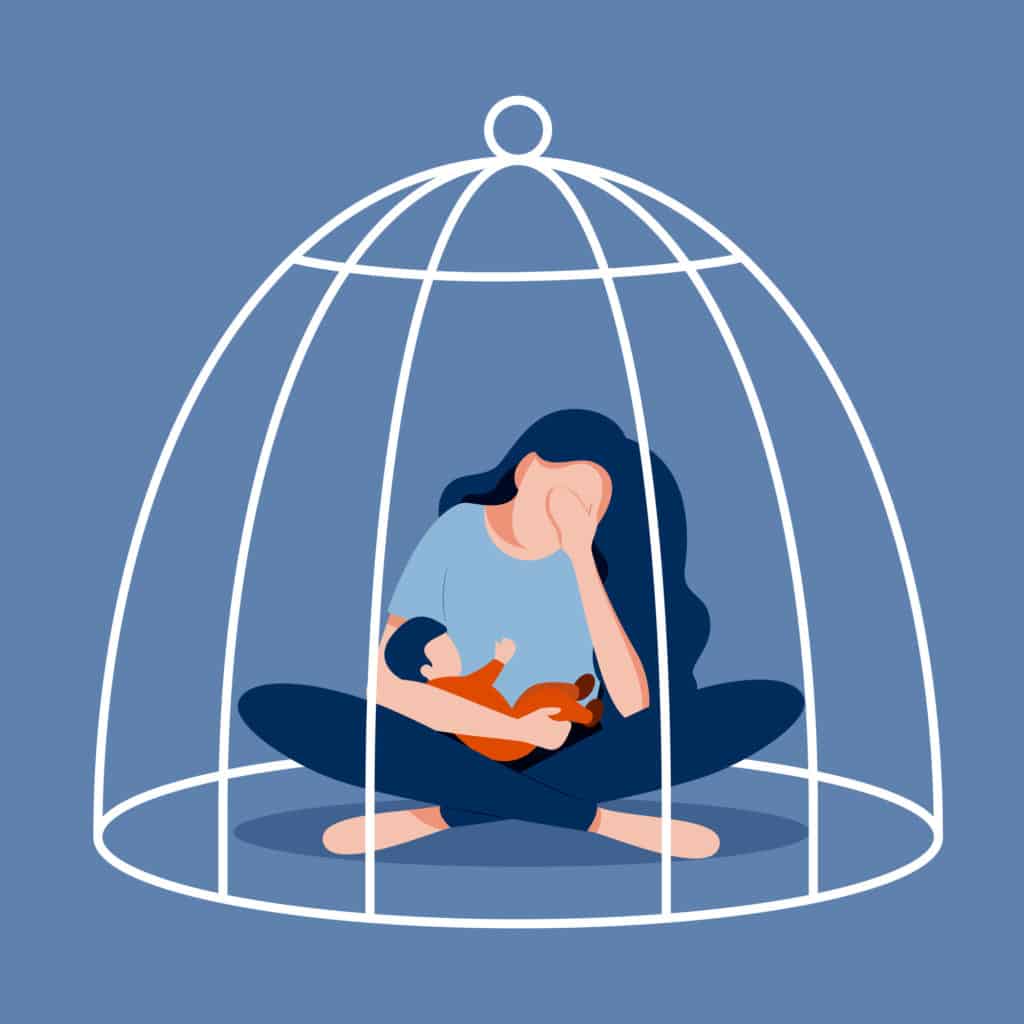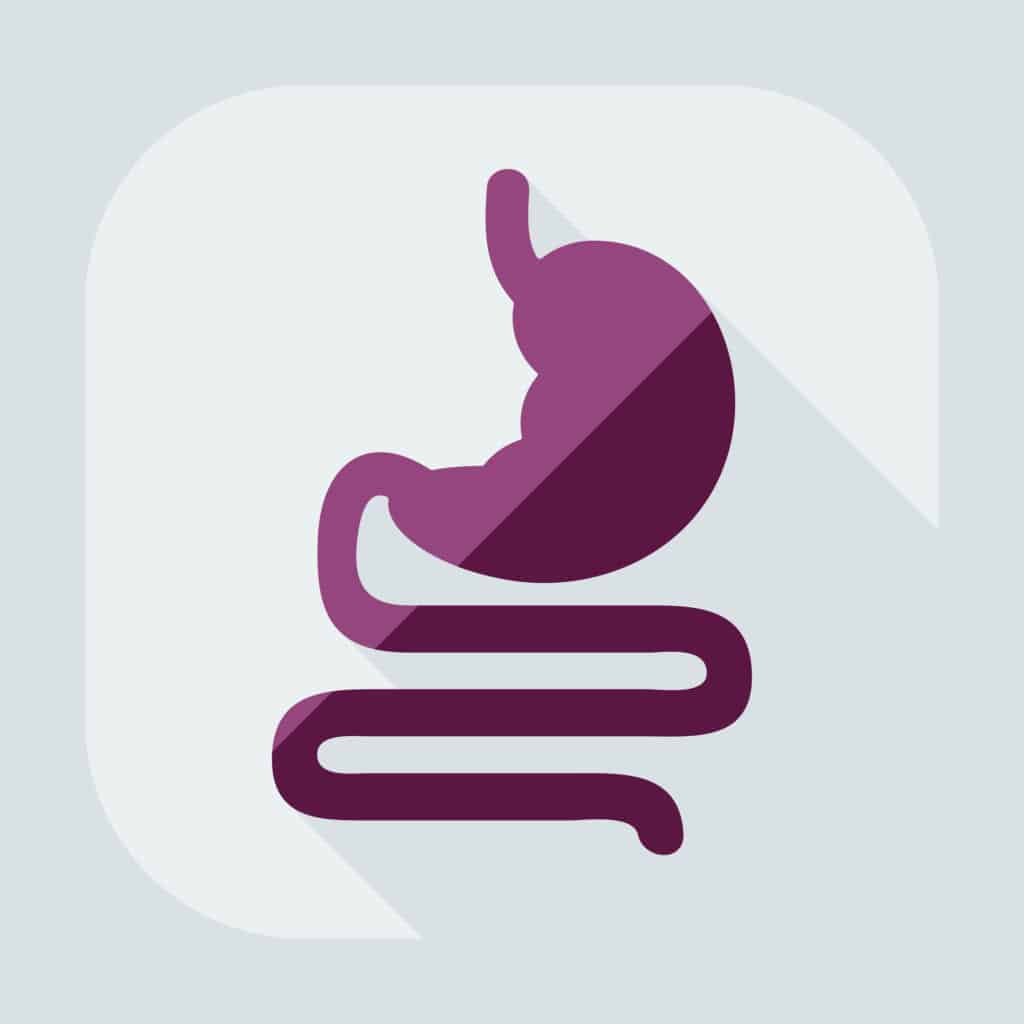Are you in the postpartum period and suffering from bloating, constipation, gas, or other digestive issues?
Giving birth to a child is one of the biggest human marvels you can experience.
It’s a miracle, really. However, waiting for the baby to arrive for nine months is nerve-racking for both parents.
But for us women, who carry the precious cargo inside our bodies. Pregnancy can be an incredibly anxious time, not least because of the changes in your body.
But also, because we spend a lot of the time on tenterhooks trying to avoid anything that may affect the baby’s health and make sure we do everything right.
After the birth, we all want to spend every waking moment in the first few weeks and months taking care of (or just staring in awe at) our new baby. Still, it’s essential not to forget to look after your health.
More Blogs From Nancy Branberg
The Different Stages Of Pelvic Organ Prolapse: What You Need To Know
How To Regain Your Sexual Confidence After Giving Birth
Is It Normal To Have Abdominal Pain After Pregnancy?
What’s Normal Postpartum And What’s Not?
If you have any severe symptoms in the first 6-8 weeks after delivery, that don’t feel right. Like excessive blood loss, chest pain, shortness of breath, fever, or severe abdominal pain.
Please don’t dismiss them as “just postpartum”: please seek immediate medical attention as they could signify complications.
It’s 100% normal for your hormones to be raging and feel more emotional than usual and unable to think rationally during the first few weeks. Just let things take their natural course.
Try to remain patient and be kind to yourself. However, if you struggle to cope after a traumatic birth or have intrusive thoughts about harming yourself or your baby, please seek medical attention from your doctor, midwife, or therapist.
Regardless of whether you deliver vaginally or via a C-section (cesarean), your body is put through the mill and experiences drastic changes. As a result, you need time to recover fully.
Most of your recovery takes place in the 12-week postpartum period. Generally, most women are well on the way to recovery within 6-8 weeks, but fully getting back to your old self can take longer.
Some issues – like digestive issues and pelvic floor problems – can take quite a bit longer, often stretching into many months. While it may seem frustrating and you want to “get back to normal,” you cannot rush it.
Everything needs to follow its natural course. Try not to put expectations on yourself or get too attached to an overly optimistic postpartum timeline.
Symptoms That Can Be Caused By Postpartum
No two women or births are ever the same, but here are the most common issues women face during postpartum:
- Pain in the abdomen: While your uterus is shrinking back to its regular shape and size, there is the likelihood of pain in your lower belly (abdomen). Commonly known as afterpains, these pains are generally dull, while some might be more intense. They are more likely to occur during breastfeeding because of the chemical stimulation it causes inside your body that signals your uterus to contract and shrink. They will improve over time, so you don’t need to consult a doctor unless they feel intense. Instead, try using a heat pack on the area to relax your muscles and ease the pain and discomfort.
- Mood swings: While societal norms pressure all new mothers to be excited and over the moon to bring home a new baby, some experience a combination of joy and sadness. The feeling can be very confusing for a new mom. However, many new mothers report mixed feelings in the first few weeks after childbirth. It’s a big change. But these feelings can also occur due to the “baby blues.” This transitional phase occurs because of the hormonal changes happening inside your body. Many women feel shame when they experience these mixed emotions, but you shouldn’t – it’s 100% normal. Try not to hide how you’re feeling. Instead, seek support from your partner, a family member, or a close friend. It’s well-known that discussing these feelings openly with loved ones can help women navigate this often-stressful postpartum phase. However, if the feeling persists and you start to experience significant mood swings or full-blown depression, it’s essential to talk to your doctor.
- Sore breasts and nipples: All breastfeeding new mothers will testify to experiencing soreness in their breasts and nipples in the first few days of feeding. However, if you have extreme pain or it persists for longer than a few days, it can mean that your baby isn’t “latching on” correctly. If this is the case for you, speak to a breastfeeding expert for support and guidance. It’s advisable to resolve this issue quickly to prevent cracked nipples and painful sores.
- Hormonal issues: Hormones do not just lead to mood swings. They are also responsible for other symptoms postpartum. For example, you could have a sudden increase in sweating, especially when sleeping. Many new mothers also experience severe hair loss with clumps of their hair just falling from their scalps. Most of these symptoms are temporary, however. When there is an increase in your estrogen levels (usually within the first six months), your hair loss and other hormonal symptoms will go away.
- Bleeding/discharge: After a delivery, bleeding or discharge from the vagina (lochia) is quite common. This increase in vaginal fluid and bleeding occurs with both a C-section and vaginal delivery. It is a natural process of the body to eliminate extra tissue and blood that accumulates inside your womb due to the pregnancy and subsequent birth. Bleeding can be heavy for the first 8-10 days and then gradually reduces and stops. However, spotting or light blood discharge can continue for six weeks. Most midwives recommend that you avoid tampons because they can lead to infection. Use sanitary pads instead. Some women may also pass blood clots in the first few days. These are normal, too. You don’t need to consult your doctor unless they are large and continue past the first couple days.
- Sore perineum: The soft spot between your anus and vagina is called the perineum. In many cases, it develops a tear during childbirth. If you have an assisted delivery, your doctor may need to make an incision in this area to help deliver your baby. But even if you don’t experience a perineal tear during the birth, there is still the likelihood of experiencing soreness and inflammation in this area postpartum. If this is the case for you, try using an ice pack several times a day to help alleviate the pain. It’s best to do this right after using the bathroom. If the pain and soreness persist, it could indicate an infection, so consult your doctor asap.
The above issues are just a small selection of the most common issues women experience postpartum. However, aside from bladder and urinary problems and pelvic organ prolapse, postpartum digestive issues are the most common postpartum complaint.
Postpartum Digestive Issues
Firstly, don’t expect to have your first poop for up to 5 days after the birth. Yes, really. But aside from that vital piece of information.
If your stomach and digestive system feel “off” in the first few weeks after birth and beyond. You’re not alone. Digestive issues and gastrointestinal problems are one of the main symptoms we experience postpartum.
Some of the most common ones we see after delivery include constipation, heartburn and indigestion, flatulence, loose stools, and IBS-like symptoms.
Constipation after giving birth usually occurs because of a decrease in gastrointestinal transit time due to the hormone progesterone in your system, which remains high throughout pregnancy. It can take up to 6 months for your hormones to return to regular cyclical levels.
It’s a common complaint in pregnancy, but Acid Reflux also frequently occurs postpartum.
Why?
Most likely, it is due to the pressure of your larger than usual uterus on your stomach and high progesterone levels that can weaken the lower esophageal sphincter.
In addition, pregnancy raises gastrin levels, leading to increased secretion of stomach acid. In most cases, gastrin and progesterone begin to lower within 24-48 hours of birth, and acid reflux symptoms dissipate.
However, this is not always the case because it can take your hormones a little while to balance out and return to pre-pregnancy levels.
To avoid digestive issues postpartum, make sure you’re getting plenty of fluids, lots of restorative sleep, and getting lots of nourishment from a healthy diet.
But if your digestive issues persist past six weeks postpartum, you may have a problem with your pelvic floor. In that case, we recommend you book a free consultation with the physical therapist and women’s health specialist, Nancy Branberg.
She can identify the root cause and fix the issue with postpartum therapeutic exercises and hands-on physical therapy.
Nancy helps you manage your digestive system so it’s no longer managing you.
Get The Help That You Deserve
We’re only a phone call away and want to help you get the help that you deserve.
Call us now and start your journey to recovery.
Postpartum issues can seem totally unmanageable but we know we can help you get back on track.








